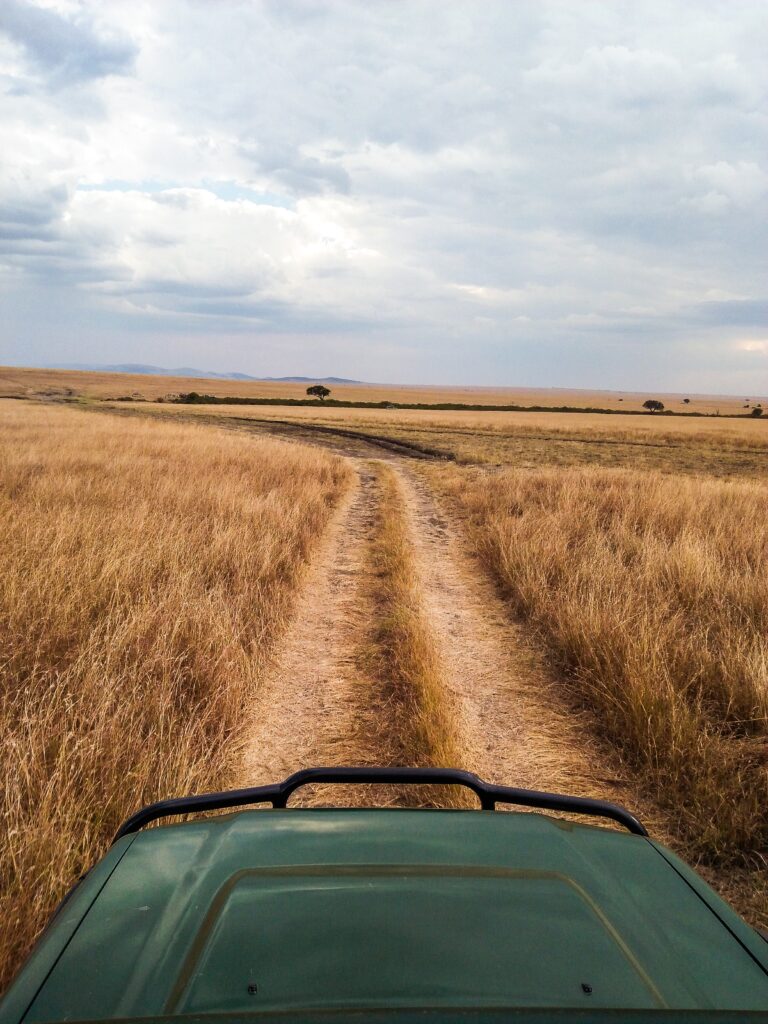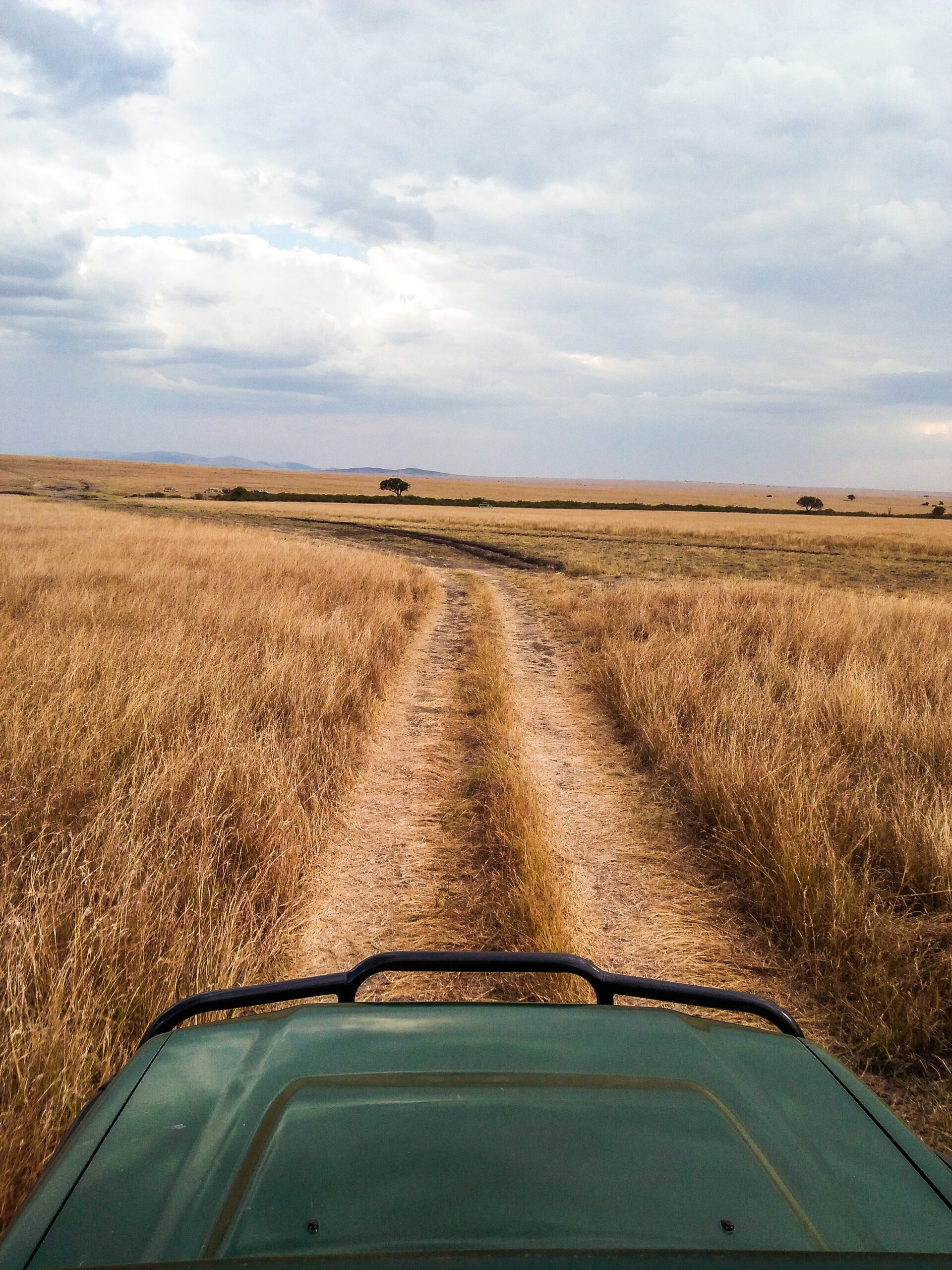Everything that you read about The Phantom was a lie! Here’s what really happened.
My father almost never spoke a straight sentence his whole life. If he wanted a drink of water, he would come near us and announce, “blessed are those who quench the thirst of a humble traveler.” As we would learn later, this was a habit ingrained in the Bandar tribe. It signaled humility and made it easier for the listener to say no.
So that night when he came to me and said, quite simply, “I need your help,” I knew he a) meant it b) something was bothering him.
Neither did it take him more words to tell me exactly what he needed. I am blessed with many siblings and cousins, each of them more accomplished and resourceful than I. But I was the only one with a valid US green card. Much respect, no doubt, but the utilitarian value was more important – I could enter the United States whenever I wanted. That’s exactly what my father said: “We need you to visit America. Now.”
I had been expecting this after I heard news about the Walkers on our clan WhatsApp group, the ‘Bandar Extremes’. The senior Walker was in trouble again, but this time the elders seemed to think enough was enough. The old man was getting too difficult for my father and grandpa to handle all by themselves. It was time for the much-mythologized ‘succession’ to take place.
There was nothing else for me to do other than to pack my bags and get ready. I was told that Cousin Johnny would come with the jeep to drop me off at Mawitaan airport. The tickets were probably on my email by now. Father said I had to meet Grandpa at the airport before I checked in.

When we drove into Departure, Grandpa was already there. Bear hugs and pats later, Grandpa suggested we get talking at the new airport Starbucks.
I asked him what happened to Uncle Walker. He shrugged. The usual stuff that happens to Walkers. They go all over the world, getting into trouble, pay no attention to the family, family leaves, they drink, get into more trouble, end up in a mess. “And we have to go get the next of kin,” he sighed.
“You know,” said Grandpa, “There was a time when they were of some use. The white man’s skin meant something.”
“Well, all that’s got to end sometime,” I said.
Grandpa agreed. He said that unlike my father or himself, I had a choice. For them and the generations before, running the Walkers’ estate was one of the biggest jobs in the country. This person became the chief of the Bandar tribe as well.
“The job was respected, though the Walkers were mostly despised by our people. But I do not know how long ago that was,” said Grandpa. “They have been deadbeat for as long as I can remember.”
“But you, Guran. You have the choice. Make it carefully,” he said. “If you don’t come back, we will understand.”
They were calling my flight. Grandpa slid across an envelope. In it were two rings.
He chuckled. “Humor ‘em!” he said as we got up to hug. Johnny and Grandpa walked me to the gate and watched till I entered immigration.
Thirty-six hours later, I was in front of a suburban house in Clarksville, MO. The door was opened by a woman I recognised immediately. I had last seen Lucy McPatrick when I came to drop Kit at this house, though it was his grandmother’s then. Lucy didn’t take the cigarette out of her mouth. “Kit’s not here,” she said.
“Where is he,” I asked, but she slammed the door before I could finish my sentence.
It looked as if I would have to stay for a bit in that town. I walked down to the Beehive Inn. It wasn’t that great a place, but in Clarksville, things moved too slow for any new property to come up. The laptop at the check-in counter was the only new addition. Even the check-in clerk was the same, eleven years later.
Despite that, he recognised me. Not too many people with your complexion come around here, he said.
“I’ll freshen up. Will be back,” I said as I took the keys.
Kit, I found out from the clerk, was quite well-known in the town. Popular with the girls, hitting it off with the boys, the kingpin of the school sports teams, general busybody and good-looking as well. A bit slow, according to the clerk, but that was a particular Walker trait. They always seemed slow.
“He’s staying with his girlfriend. Trailer park. Two miles out, down the river,” he said. “What do you do, though?”
I liked to keep it under wraps, so I told him I worked in a University at New York. He offered me the hotel car on rent in case I needed to move around.
The next morning, I took the Beehive car to the trailer park. It wasn’t difficult to get directions to Kit’s trailer. The clerk at the inn was right – he was popular in this town.
I rang the bell. There was a noise inside, like muffled footsteps on a wooden floor, but no one opened the door. I rang the bell again.
This time Kit opened the door.
“Is he dead?” he asked. The first words out of his mouth when he saw a childhood playmate after eleven years!
I gave him the rings. He wore them wordlessly. Someone called out from inside.
“Be right back, hon,” he said. We walked to the car.
“You didn’t answer,”
I shook my head. “He’s fine,” I said.
“Why are you here then?”
I told him I was asked to bring the rings to him. He knew what that meant. It was up to him to choose to come back to the estate or not.
“Let’s go,” he said as he leapt into the car.
“Don’t you want to get your things? Your girlfriend?” I asked.
“Nah,” he said with a shrug. “Let’s go.”
“Well,” I thought to myself as I got into the driver’s seat, “What do I know. This kid is going to take over the Walker empire.”
We stopped over at Beehive Inn to return the car and pick my bags. The clerk was disappointed; he was expecting me to stay for a few more days. So was I.
I thought Kit would resist returning to the jungle. Clarksville was not particularly a great place to make a life, but this was America, the land of opportunity and freedom. In any case, what had he to look forward to? Dangalla was not the country it was when his forefathers and their cronies were running it.
But there we were. Like many others of my tribe before me, I found myself being subtly pressured to bend to the will of a Walker.
We took an Uber to the airport at Springfield, IL. Most of the journey was quiet. The only conversation he initiated was a brief question on what really happened to his father. I told him what I knew: there had been a brawl in Cape Town where he had gotten stabbed and bruised. Nothing life-threatening but it was just that he could no longer be active in the businesses they were running.
The conversations were much livelier on Bandar Extreme. Messages would download en masse at each layover. At JFK, I had texted Grandpa with my updates. By the time we reached Nairobi, Grandpa had sent a dozen messages asking the same question: are you sure you want to come back? He was hoping that I would stay back in New York, do something like a post-doctoral or teach. There was already talk of me taking over as the head of the Bandar tribe, but, he said, folks were not that enthusiastic about the Walker estate.
There was a bit of a reception committee at the Mawitaan airport. Miss Tagama, who had taught Kit and his sister when they were children, was there with one of Uncle Walker’s crooked politician friends. So were Grandpa, Dad, and a few people from the tribe. Some of them were dressed in traditional clothes.
The staff of the estate had arranged a limo for Kit. I let my luggage travel with him and took the jeep with Johnny and Grandpa. Dad wanted to join us, but Grandpa said he should teach monosyllabic Kit a few sentences in Bandar. Unexpectedly, Dad took it seriously.
Grandpa wanted to know why I chose to come back. I told him my mind was not yet made up: just like the other tribal chiefs, I was waiting for a sign.
We caught up on what was happening – I hardly could make complete sense from the dozens of WhatsApp discussions. I told him how Kit had taken just a few seconds to decide he wanted to come back. Grandpa chuckled. He must know about the trunks, he said.
“What trunks?” I asked.
Johnny whistled.“Bro, no one told you about the Walkers’ trunks?” he asked.
Grandpa said the trunks were the source of the Walkers’ riches. The legend about the first Walker on the shores of Dangalla escaping the pirates? He was carrying four trunks of gold and other treasure. A lot of it was used to buy land around our village, run estates, finance corrupt governments around the world, so on and so forth. The rumor was that much of the gold and treasure was still there in the deep vaults of Skull Cave.
“Is it our money?” I asked.
“Unlikely,” said Grandpa. He sensed my discomfort. “That’s the problem with things like these,” he said. “Quite likely, the Walkers were the pirates they said they were running away from. And quite likely, the source of all our fortune is ill-gotten money from way back.”
While the Bandar tribe had gained the most from the Walkers’ money, he explained, it was not the same for the others. Many tribes lost their land to the Walkers. The Walkers had turned some of it to European colonial powers like the Dutch and the British to keep them on their side. Till the revolution that took place before Grandpa was born, most of Dangalla was owned by the Walkers and his cronies.
“Some of them fled to South Africa and worked with the apartheid regime,” added Johnny.
Grandpa said that for a long time, the Bandar were protected by the Walkers and their money. After the revolution, it was the tribe’s turn to give back: they promised that they would take care of the Walker family as long as they lived on in Dangalla.
“Now that Kit is here,” he paused. “You will have to tell us what to do.”
We stopped. Ahead of us, Kit was getting out of the car. Dozens of Bandar kids from Miss Tagama’s school had lined up to greet him. One of them bent on his knees to kiss Kit’s left hand.
That was the sign.

Leave a Reply